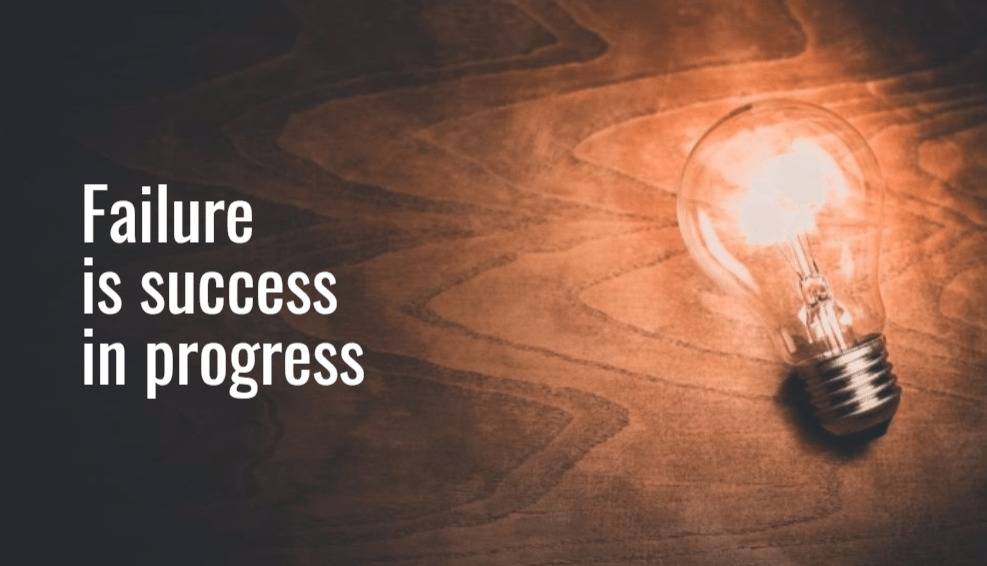Someone once told me that trainers never really master their training subjects themselves; you actually train other people in the subject you are still learning yourself. Ouch, I thought, thinking about several topics I addressed in my training in the past years.

But let’s face it, there is a truth hiding in that statement. To be able to give an outstanding training in a specific topic, it has to resonate with you, preferably you have to be passionate about it. This implies that you have a lot of experience with it, for better, but mostly for worse. Teaching something you are excellent in, is not that challenging for a trainer and besides, it will be harder to identify yourself with your students, if you have not experienced yourself what they find hard to do.
I would actually argue that personal experience makes you a better teacher than someone who never faced any problem with the subject. And aren’t we all human in making mistakes? So why wouldn’t your trainer be human too? In the end, training is not (only) about how to ‘solve’ your issue, but to better understand why you do what you do. And if certain errors keep coming back to you, to recognize it earlier when you are heading for a mistake and how to adapt your ways. That in fact is paramount. Understanding your own self, forgiving ‘you’ for making errors and embracing the experience. If you obtain more insight into the why of your behavior, it will be easier to recognize it and try a different way next time.
Some inspiration on the power of failure
One of the things I like most about agility is the focus on improvement, yet, at the same time, also the acknowledgment that errors will occur and that failing is okay, as it offers you useful insights and an opportunity to get better; try –> fail –> learn –> repeat! In that sense, failure is something to be welcomed.
If you are interested in exploring that mindset, I gladly offer you some inspiration to that purpose:
– Agilists regularly inspect and adapt their team’s ways in a Retrospective. Corinna Baldauf assembled many ‘retro’ practices in her great, freely available Retr-O-Mat.
– Attend an F***-up night, where entrepreneurs share their story of failure and what they learned from it. At Wemanity, we hosted a great F***-up night in Paris a few months ago and in The Netherlands, we recently offered the F***-up festival as a workshop for agilists!
– Read this nice blog from Louise Brace about Celebrating Success and Failure.
– Read about the inspiring journey of Dick Fosbury, experimenting in the sixties of the last century with a new high-jumping technique, nowadays called the Fosbury Flop.
– And last but not least: a great example of an organization that cherishes failure is Ben & Jerry’s (the divine ice cream makers) who pay their respects to not-so-best-sellers on their real-live Flavor Graveyard on their factory’s premises in Vermont.












